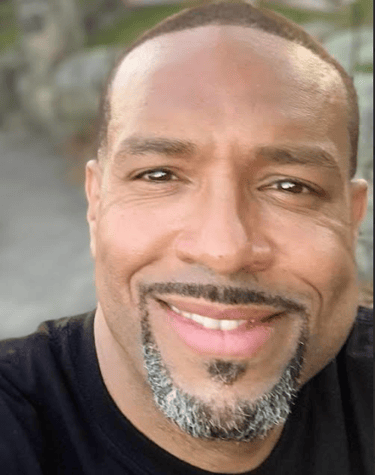Clarence Williams
After spending two decades behind bars for a crime he did not commit, Clarence emerged not only as an exoneree but as a passionate advocate and mentor for change and rehabilitation. His journey, marked by hardship and redemption, is a testament to the transformative power of education, community engagement, and unwavering determination.
From Inmate to advocate: Since his release in 2020, Clarence has embraced his role as a community leader who continually works to give back to those in need of help through the transformative power of education, community engagement, and unwavering determination.
Facilitating compassionate interactions: Through mentoring, collaboration, and active participation in peer-led programs, he strives to create a more equitable society—one where every individual, regardless of their past, has the opportunity to thrive.
A focus on self development: His advocacy work shines a light on the intricate connections between trauma, mental health, and societal reintegration. By educating the community and mentoring youth to think critically about their roles as future leaders and advocates for change.
Mentoring for Community Building: By educating the community and mentoring others, he is working to reshape perceptions for a more compassionate society, often engaging with at-risk youth as well as college students and graduates. Sharing insight on the intersections of academia and social justice.
By participating in the first Behind the Walls programs at Old Colony Correctional Center, He helped lay the groundwork for transformative dialogues between incarcerated individuals and students. His leadership extends beyond just initiating programs. As president of the New Horizon Chapter of Toastmasters, he honed his communication skills and facilitated self-help groups such as the Alternatives to Violence Project (AVP) and Mending Souls. These programs provided many of those who participated with essential tools for conflict resolution, emotional healing, and personal development. Through these efforts, he not only fostered a sense of community among peers but also prepared himself for a future of community outreach.
In the wake of his exoneration, he sought to engage individuals who were also experiencing many of life's challenges and traumas. Mentoring individuals has been profoundly rewarding. He draws on his own experiences to illustrate the perils of misguided choices, but more importantly, he offers them a vision of hope and resilience. By embracing programming & education Clarence has found the key to unlocking both resilience and personal growth. Each conversation is a reminder that while the past cannot be changed, the future is a canvas waiting to be painted with intention and purpose.


